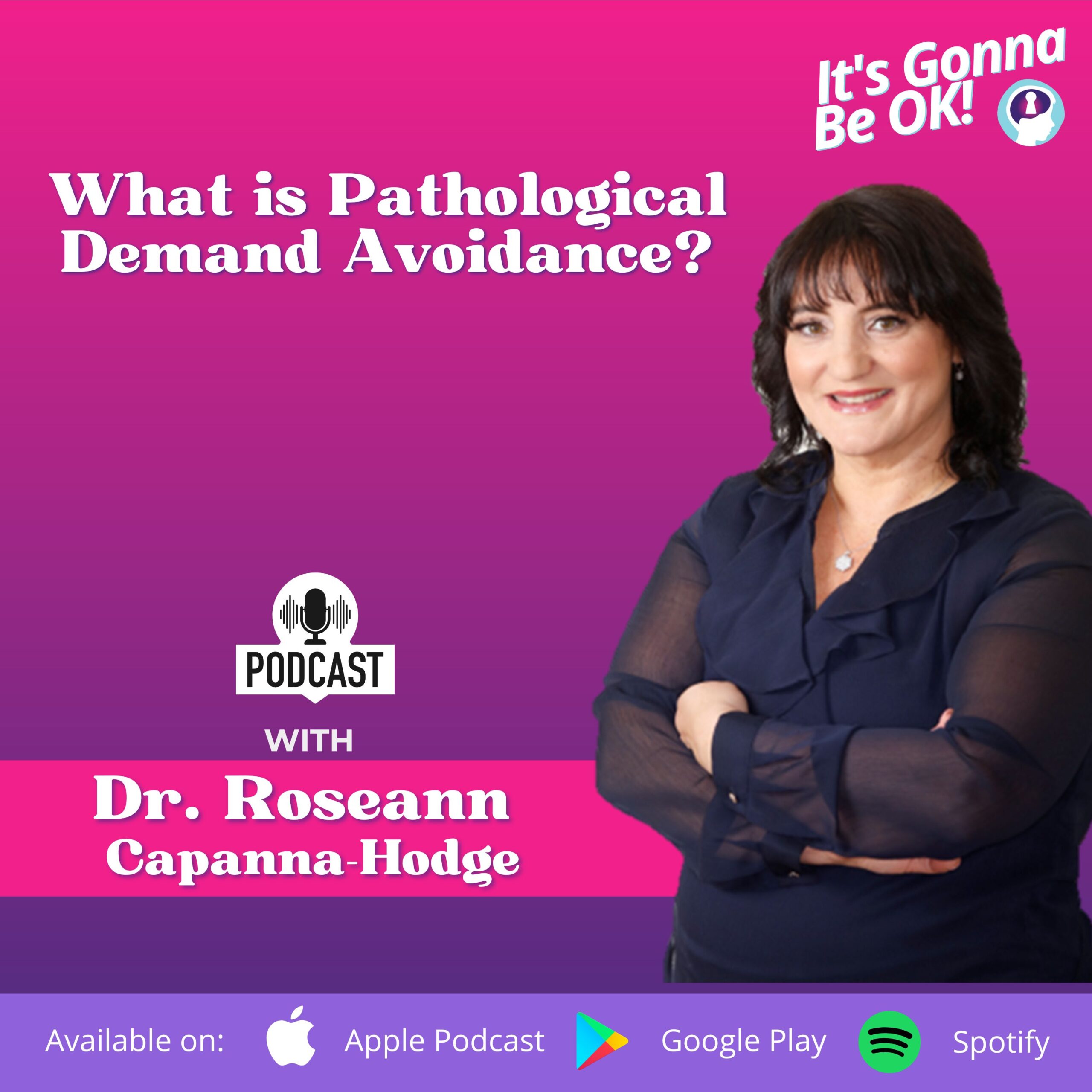Nowadays, kids as young as 2 to 3 years old are already struggling with their mental health.
Kids’ struggles vary but one thing is for sure – there is a long list of struggles that kids face these days. Some examples of struggles on mental health are attention deficit disorder (ADD), anxiety, learning disabilities, and autism.
With such innocence and lack of knowledge about many things, kids have no idea how to handle their emotions or how to cope with challenging moments in life. That is why there are many struggling kids today.
As extreme as it may sound, some kids don’t take these struggles well. And when everything becomes too much to bear, suicidal ideations or suicidal risks will most likely increase.
But struggling is not permanent. We can and we will do something about it. And that’s what I’m here for – to empower you in resolving these struggles.
What is happening to our nervous system that is causing the dramatic rise of clinical mental health conditions in kids?
Neuroscience is a vital component of understanding our kids’ mental health conditions better. We have to look at research to understand what's going to help our kids more efficiently.
In line with this, the dysregulation of the autonomic nervous system and the dramatic rise of clinical mental health conditions in kids are correlated insofar as the autonomic nervous system is responsible for our body’s response to stress.
Imagine the nervous system going from a relaxed state or from low stress to the top. This would activate stress and this is what every single clinical condition is regardless of what's going on with our kids today. They are constantly experiencing a stress activation of the nervous system.
No learning can occur with a stress-activated nervous system.
After stress activation, the nervous system becomes hyperactivated. And what happens next is that no learning can occur as the brain is under hyperactivation. This means your attention is gone and as a result, so is your learning.
Once the nervous system becomes hyperactivated, kids tend to experience mass capacity. There are only three possible physiological responses during mass capacity – fight, flight, or freeze. So we don’t have to repeatedly talk or yell at our kids to change this. Instead, what we have to do for learning to occur is to calm the nervous system down.
Why do we keep trying to reach kids through their brain when their stress is in their body?
It is important that we help our kids reconnect an anchor to their body. We have to help them cope with whatever sensations that they're feeling. They have to understand that it’s okay to feel everything.
It is perfectly normal to feel these sensations, whether good or bad. We should not avoid them or shove them away because doing so would only trigger stress activation.
What we have to do is to deal with it because we have the power and control over this. When we take control, our nervous system starts changing as well as its response to stress.
We need to help our kids regulate their brain and body.
These struggling kids don’t know how to deal with their thoughts and feelings. And so, they tend to get overwhelmed which causes the brain to be hyperactivated which we are trying to avoid.
To control how our kids respond to stressors every day, we need to help our kids regulate their brain and body. It is important to calm down, apply the new learnings, and see the changes in how kids react to stress or to any sensation that they may feel.
There are different options on how to regulate the nervous system. Some kids undergo therapy and some opt for medications. However, 70% of psychiatric medications used with kids in the United States are off label and there is no research to substantiate their efficacy.
There are options that you can do at home to create changes.
As mentioned, these struggles are not permanent and they are not going to go away on their own. Besides therapy and medications, there are many things that parents can do.
In fact, there are options that you can do at home to create changes. You just have to try and see which is more suitable for the kids. Always remember that nobody ever regrets getting help. What they only regret is when they don’t.
Watch out for the next episode to know more about the tools to be used in resolving these issues!
No matter where you are in your journey, we have resources to help you:
Is It ADHD Or Something Else?
If your child is struggling in ways that make you wonder if they have ADHD, I've developed a quiz to tell you if your child has ADHD, or if it's something else that should be on your radar. It's FREE to take the quiz, and you can get your results immediately.
➡️ “Is it ADHD or something else?” Take the quiz.
➡️ Join our FREE Natural Parenting Community to receive science-backed resources for your child and family. Join here.
➡️ Get help from Dr. Roseann and her team. Apply here.









